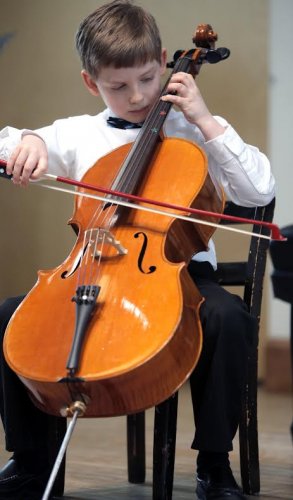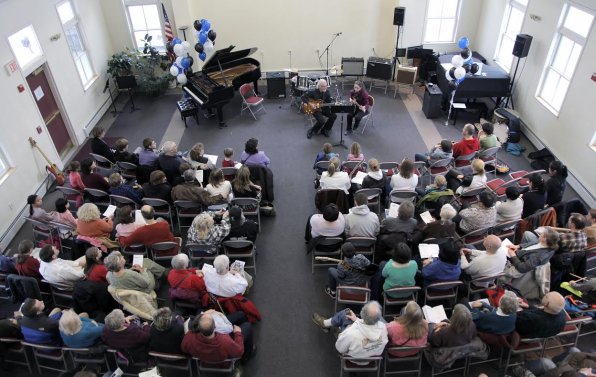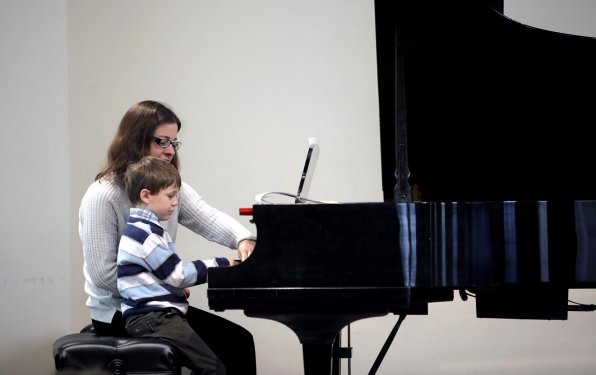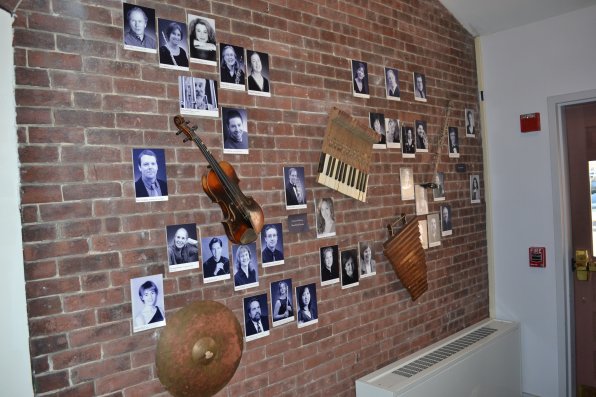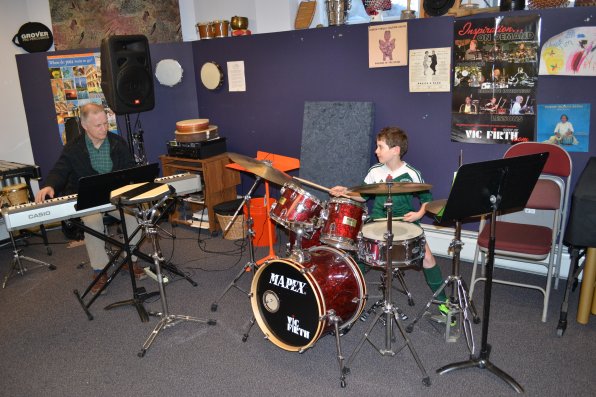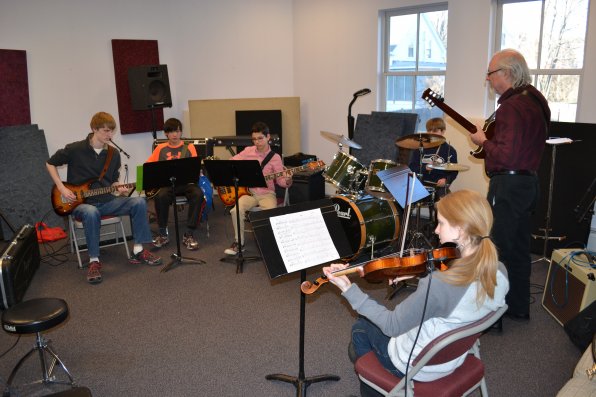Warning: Use of undefined constant large - assumed 'large' (this will throw an Error in a future version of PHP) in /srv/users/serverpilot/apps/concord-insider-wordpress/public/wp-content/themes/Nexus-child/functions.php on line 154
Warning: Use of undefined constant large - assumed 'large' (this will throw an Error in a future version of PHP) in /srv/users/serverpilot/apps/concord-insider-wordpress/public/wp-content/themes/Nexus-child/functions.php on line 154
Warning: Use of undefined constant large - assumed 'large' (this will throw an Error in a future version of PHP) in /srv/users/serverpilot/apps/concord-insider-wordpress/public/wp-content/themes/Nexus-child/functions.php on line 154
Warning: Use of undefined constant large - assumed 'large' (this will throw an Error in a future version of PHP) in /srv/users/serverpilot/apps/concord-insider-wordpress/public/wp-content/themes/Nexus-child/functions.php on line 154
Warning: Use of undefined constant large - assumed 'large' (this will throw an Error in a future version of PHP) in /srv/users/serverpilot/apps/concord-insider-wordpress/public/wp-content/themes/Nexus-child/functions.php on line 154
Warning: Use of undefined constant large - assumed 'large' (this will throw an Error in a future version of PHP) in /srv/users/serverpilot/apps/concord-insider-wordpress/public/wp-content/themes/Nexus-child/functions.php on line 154
Take a walk down the halls and just listen. You’ll be glad you did.
The late afternoons and early evenings are a great time to be strolling around the classroom-lined corridors of the Concord Community Music School – and really just about any day of the week will do. That’s the great part about it – there’s always musical magic being made. And we dare you to say that 10 times fast.
You can hear a rocking jazz ensemble down one hallway and the spunky sounds of a mandolin player around the corner. Head over to the recital hall and there’s sure to be someone tickling the old ivories. And there’s even some pretty noteworthy vocalists filling your ear canals with sweet harmonies.
“I stroll every afternoon,” said Peggy Senter, president and founder of the music school. “If you just walk through the halls you get quite a flavor.”
There’s just an energy at the music school. But it’s not something that can be explained – rather, it’s something that simply needs to be felt.
One trip to the school and you’ll see. It’s unlike any place in the city, and that’s the whole idea.
“We’re a home for musical friendship,” said Senter.
When Senter began the music school in 1984 in what is now the Capitol Center for the Arts, she had a vision. She wanted to create a place that fostered musical growth. Unfortunately, schools of its kind – in an area the size of Concord – just didn’t exist. But Senter started it anyway, and almost 30 years later, it sure seems like a pretty good fit.
“There just wasn’t anything like it here,” said Senter.
Senter had taught piano at different music schools in the Boston area and at the time was being persuaded by some friends to move to Concord. She loved the area, but also wanted to continue her music career, both teaching and playing. She just wasn’t sure if she could do it in rural New Hampshire.
“There wasn’t any history of paid musicians in the area,” said Senter. “But this was a way I could live in the country and be a musician.”
What started out with 10 faculty members and around 100 students the first year has grown beyond Senter’s wildest dreams. Now, the music school is home to 55 faculty members (almost half of which are full-time) and about 1,400 students per week (ranging in age from 4 to 90), covering 100 towns and four states.
“We’re one of the larger schools of its kind in the country,” said Senter. “And I never imagined it would get this big.”
There are classes for those eager beginners who just want to learn the basics, as well as the more seasoned players looking for a little guidance to enhance their budding musical careers. And the best part is that if you can think of an instrument, odds are there’s someone at the music school who can teach it to you. Just don’t ask about the accordion because you’re not going to like the answer. (Hint: We asked. They don’t teach it.)
“It’s like this buffet of all these great musical activities,” said Kathy Southworth, the piano department chairwoman who has taught at the school since 1988.
There are instrument ensembles of the woodwind, jazz and string varieties. Vocal ensembles are also somewhat of a specialty at the school, along with five choruses – like the Songweavers – totaling more than 300 people.
“How people connect through music is when they make music together,” said Senter. “And this is such a singing town. There’s a lot of vocal interest.”
The school’s calendar is riddled with concerts, offering up to 150 this year. And that’s just the beginning. Don’t forget about the Bach Lunch Series, weekend workshops and music therapy programs. You can even learn the basic knowledge needed to run a recording studio. Literally, this place has just about everything you need under one roof. That is from a musical standpoint.
“We’ve tried a lot of things over the years,” said David Surette, the folk department chairman. “And really the best thing is having it all together in this great community place.”
But it’s been a long road to this point, as the music school gets set to celebrate its 30th anniversary next year.
The early years were a test for Senter. After deciding to transition from a private studio to a full-fledged school, the first three years included move after costly move until the school finally settling into its current location at 23 Wall St. in 1988.
“We grew really fast in our first 10 years,” said Senter. “We added 100 students pretty much every year for the first five or six years.”
Senter and the board of directors took a big leap of faith buying the large piece of property necessary to expand the school – but it has paid off. Over the years, there have been some renovations and expansions to convert the former church and adjacent buildings. Now students from all over the New England area get to enjoy it. Even those who can’t afford the costs.
Through the Financial Aid Fund and the Music in the Community Initiative, the school provides music opportunities to those who don’t have the means to pursue them without some help in the money department. Each program requires about $100,000 per year, as close to 50 percent of the students have some sort of need.
“Of our total budget, which is $1.8 million, $200,000 – more than 10 percent – goes to financial aid,” said Senter.
And that’s just what they need for those programs. The school raises about half of its budget through fundraising, donations and grants on top of the money it brings in from lessons, concert tickets and workshops.
“We want to be totally accessible and have the best artists we can here,” said Senter.
While it’s been close to 30 years, Senter said the music school is still in unchartered waters. Since there is no precedent for a school like this, there’s no way to tell what the future holds.
“We’re still a relatively young organization,” said Senter. “But without a history of it, we don’t know if people are ready for the next phase.”
But if you take that walk we were talking about before, you’ll see that the present is alive and well. There are current students who are the second generation in their family to create music at the school. Alumni have held concerts and the donations continue to roll in from some very successful former music school attendees.
So if learning the piano or banjo is on your bucket list, there’s this great little place for a lesson. But you already knew that.

